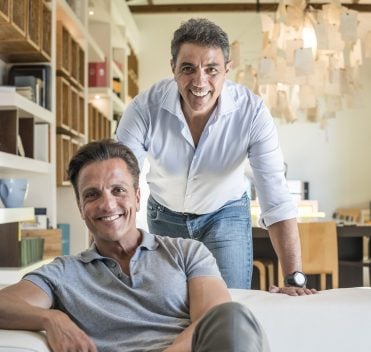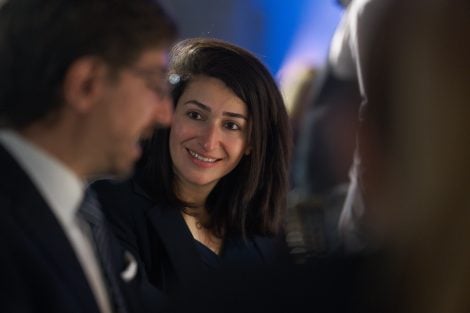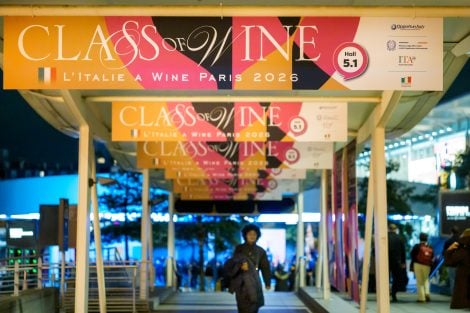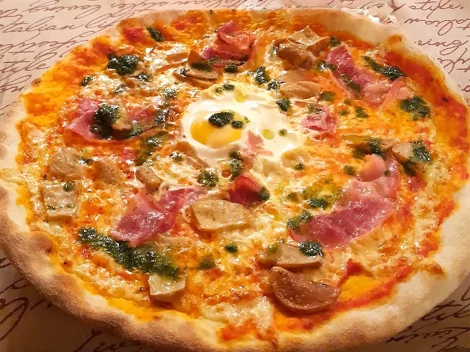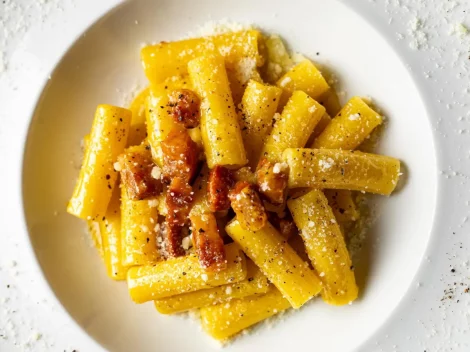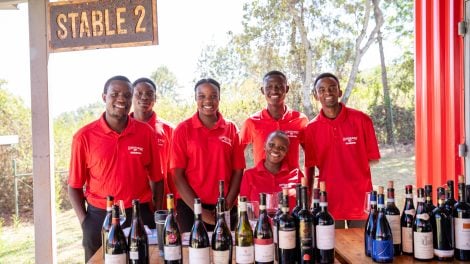Luigi Tana, who is also the founder and director of Tan&Ns Wine Importers in Glasgow, runs I Ciacca alongside his wife, Sofia Di Ciacca, and father-in-law, Cesidio Di Ciacca.
The estate’s roots go back half a millennium, but in the early-20th century it was abandoned by Cesidio’s grandfather (also called 'Cesidio'), who opted for a life in Scotland. Many others in the area did the same, and today an estimated 18,000 Scots today can trace their origins back to Val di Comino.
When his grandson called time on a career in corporate law in 2013, he decided it was time to do something with the family estate and, in Tana’s words, “bring his nonno’s place back to life”. Although winemaking had not been a part of the estate’s history, 25,000 vines of Maturano, a white grape very particular to this part of Lazio, were soon planted.
Tana, who met Cesidio’s daughter on the same day he first tasted a wine made from Maturano, married Sofia at I Ciacca in May 2019. 18 months ago, the couple, with their two young children (now three), decided to up sticks and, just as Cesidio the Younger had done a few years prior, leave Scotland in favour of a new life in Lazio.
“Everyone asks if I prefer it here [Italy] or there [Scotland] – but the reality is that it’s not that Scotland is worse than Italy, it’s just for us as a family, Sofia’s roots are here. My mother and father came from Naples, an hour from this village,” explained Tana. “It’s not like we’ve gone away, it’s like we’ve come back. We still love fish and chips and cullen skink.”
In order to keep in touch with his Caledonian side, Tana is also keen to host a Burns supper on 25 January, an occasion that would not be complete without the obligatory haggis, neeps, tatties and, of course, drams of whisky.
The story of this Italo-Scottish family caught the attention of True North, the production company behind Teen Mom UK, Forensics: Catching the killer and Help! We bought a village.
Filming
In an age when much reality TV can seem as scripted as any drama, Help! We bought a village is far less confected. Now in its fourth series, the premise is simple, following the fortunes of British people trying to, in the words of Channel 4, “breathe new life into remote villages, hamlets, borgos and cortijos abroad”. Episodes document the challenges that come with this – from the difficulty of renovating ancient structures to (especially relevant for those with vineyards) poor weather conditions.
I Ciacca has been a fixture of the show for its last three series, and there’s more to come.
“The camera crews are here quite a lot. They often come unannounced. Ahead of the harvest they were here every two weeks, making eight visits over the last 16 weeks,” Tana revealed. “To make a point about how impartial the film crew are – they don’t stay in our hotel, we can’t take them out for dinner, we can’t buy them a drink, everytime we give them a bottle of wine they tell us that they can’t accept it!”
Much like how winemaking can condense an entire growing season into a single glass, television compresses months of filming into a handful of clips.
“They have been filming us for about four years now – every time it comes on, I think that for the 800 hours of footage, you only show up for a matter of minutes. I remember doing 10 interviews lasting 20 minutes each!”
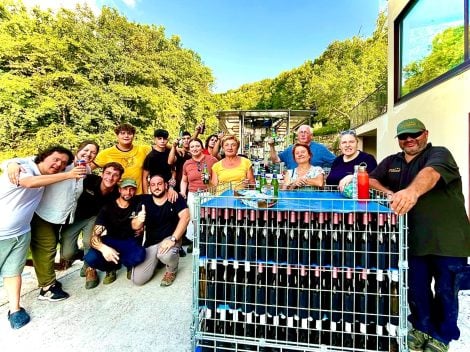
I Ciacca's team.
Brand recognition
For I Ciacca, the publicity brought by its inclusion in Help! We bought a village has certainly been noticeable.
“So, while the UK has something like 160,000 people watching it, in the US [broadcast on PBS] there were something like three million viewers in the space of two weeks. When I look at the website traffic, I notice that we get a percentage increase after every new series comes out from people checking us out,” Tana explained. “When the show was first on, we had the most website visitors that we had ever had, so I then needed to spend three nights working until stupid-o’clock in the morning to improve the website!”
This web traffic has in turn resulted in bookings for experiences and accommodation at the estate. Last year, I Ciacca held some 484 dedicated tastings.
“I work with Barolo producers that don’t reach that number,” remarked Tana.
Beyond the obvious benefits for the business, it has also won the team at I Ciacca a certain degree of fame.
“Cesidio was asked for his autograph on a Ryan Air flight to Edinburgh by a fan of the show,” Tana revealed – something that is probably not a regular occurrence for other boutique wineries in the region.
Tana also suggested that I Ciacca featuring in the documentary has raised awareness of Val di Comino as a tourist destination.
“This village [Picinisco] is like Picadilly Circus – you’ll walk from one end of the piazza to the other and only hear English! Lots of people have come here thanks to the show, but it has also reminded them that they have a reason to come to the area. I see more and more cars with British number plates in the off season – tourism is so important here.”
Fittingly, given that the modern story of I Ciacca is one of a family rediscovering its heritage, Help! We bought a village has inadvertently encouraged some viewers to get in touch with their roots.
“One of the guests we had at a tasting, which was filmed and broadcast, revealed that she had lineage from this area, but she didn’t know there was a winery here until she saw the show. More and more people are realising that their great-grandfathers are from here thanks to it!”
Private matter
Of course, given the regularity of the film crew’s visits and the fact that I Ciacca is very much a family business, it raises questions about privacy and whether Tana feels the need to impose certain boundaries as to the degree of access the camera is provided.
“‘No’ is the definitive answer. I grew up above my mother and father’s fish and chip shop, so I am used to family and business being in public,” he shared. “If the producers wanted to turn it into The Osbournes and film everything in the house, that might be too much!”
However, for Tana and the whole team at I Ciacca, featuring in the documentary has undeniably brought benefits for the business, but there’s a huge amount of work that doesn’t make it into the final cut.
“I’m hoping that in a couple of series’ time, it will be me sat in a pool, drinking a glass of Maturano, shouting ‘we did it!’,” he quipped.

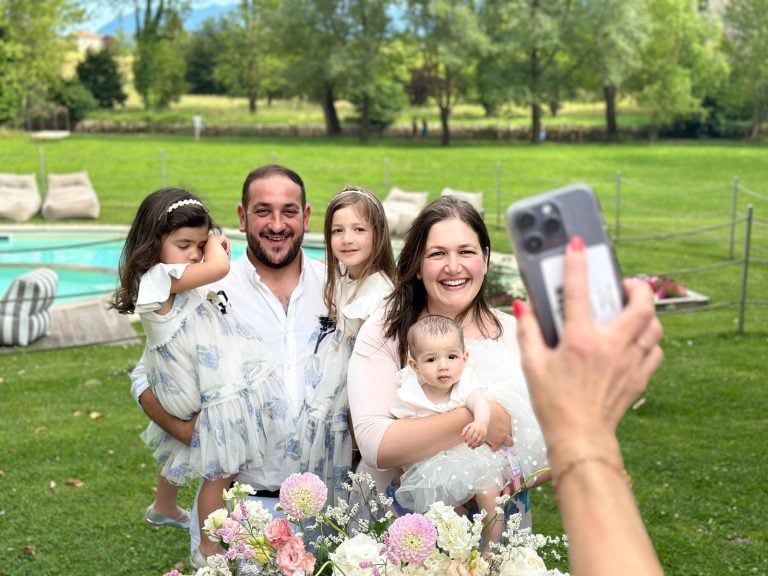
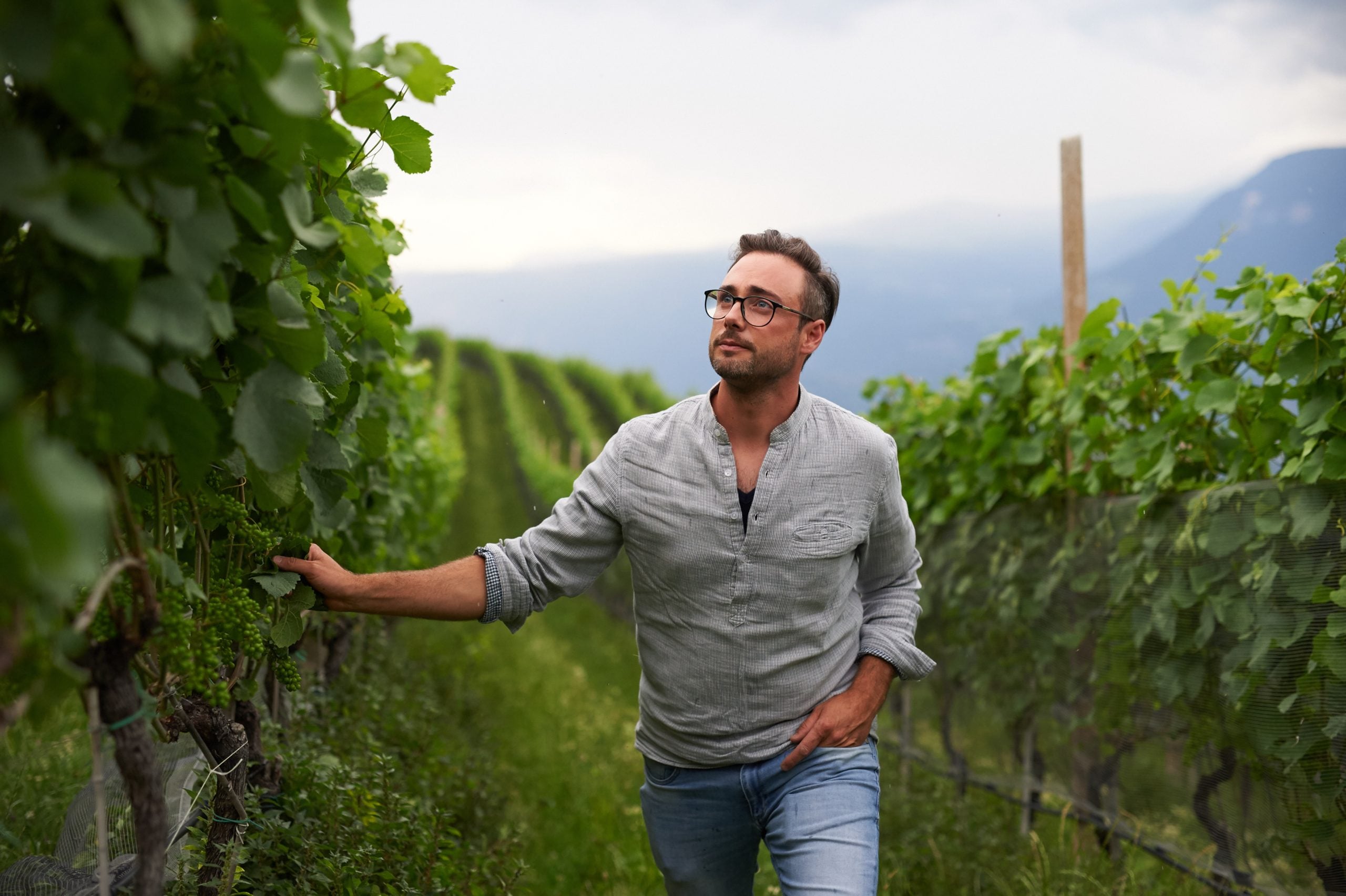 The role mapping played in the creation of one of Alto Adige's best Sauvignon Blancs
The role mapping played in the creation of one of Alto Adige's best Sauvignon Blancs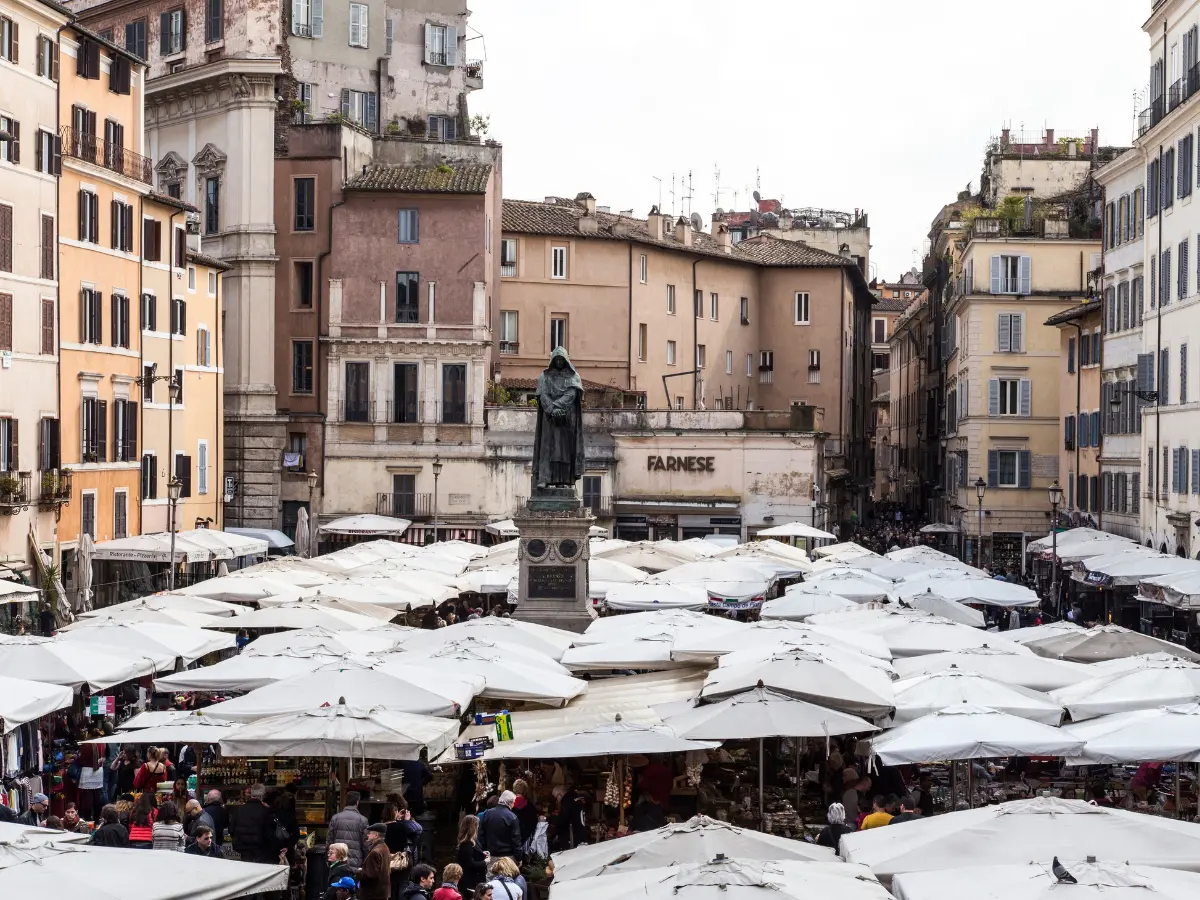 'Campo de’ Fiori is no longer a market': The transformation that no one talks about
'Campo de’ Fiori is no longer a market': The transformation that no one talks about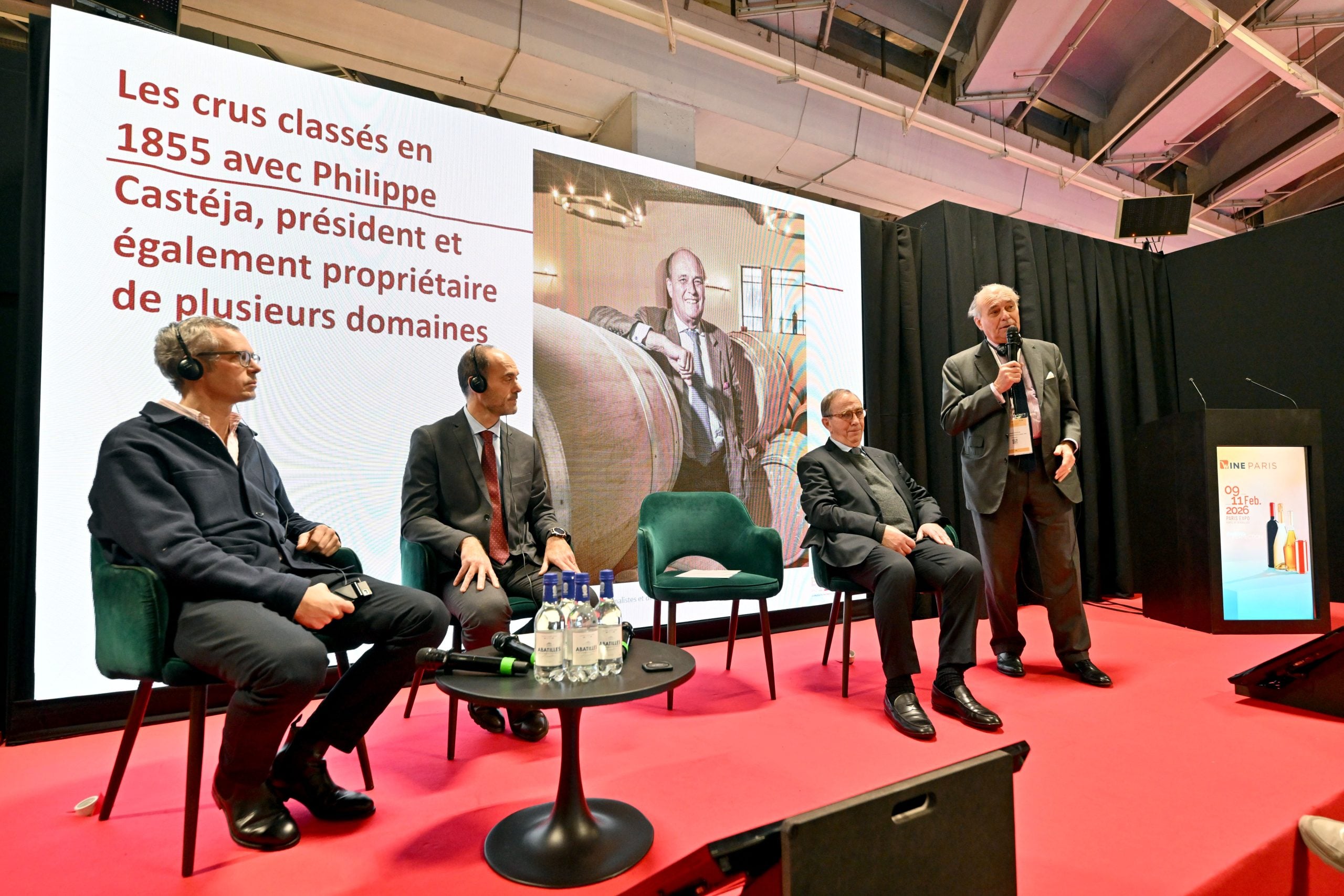 'Excellent products will remain excellent' – but does Old World wine have to adapt to survive?
'Excellent products will remain excellent' – but does Old World wine have to adapt to survive?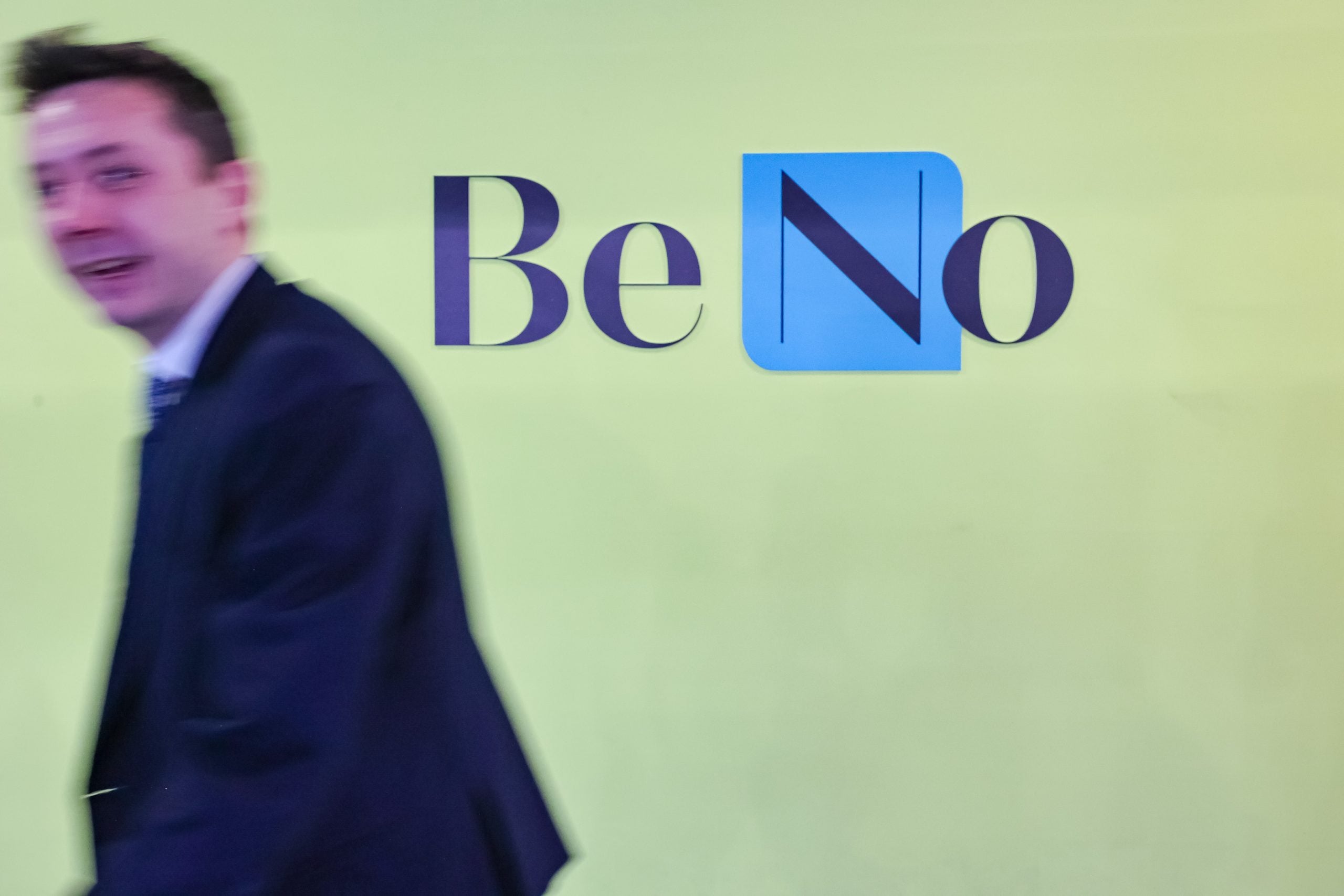 Why 'the rules are still being written' for non-alcoholic drinks
Why 'the rules are still being written' for non-alcoholic drinks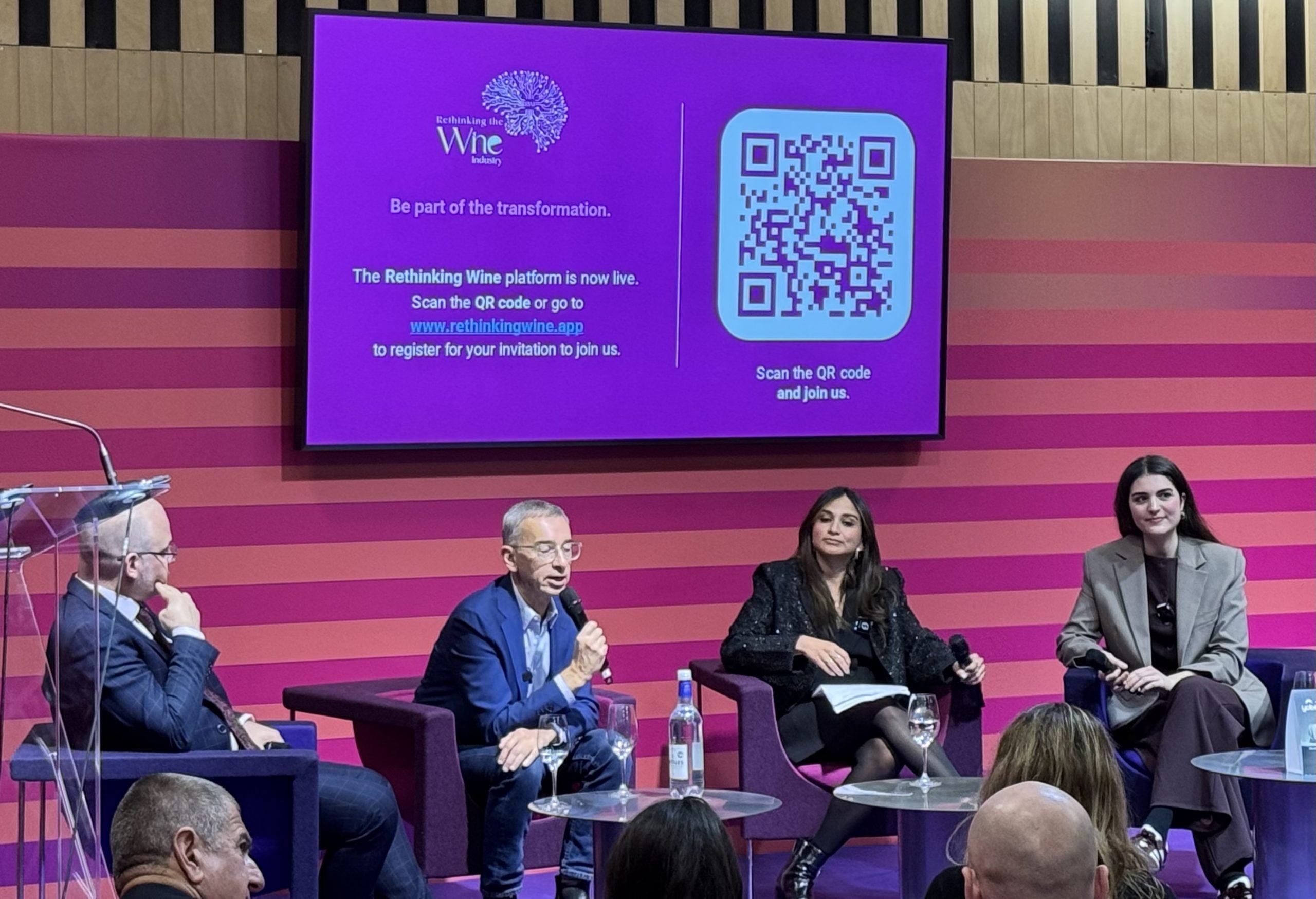 'Why are we doing the same things again and again if they are not working?'
'Why are we doing the same things again and again if they are not working?'